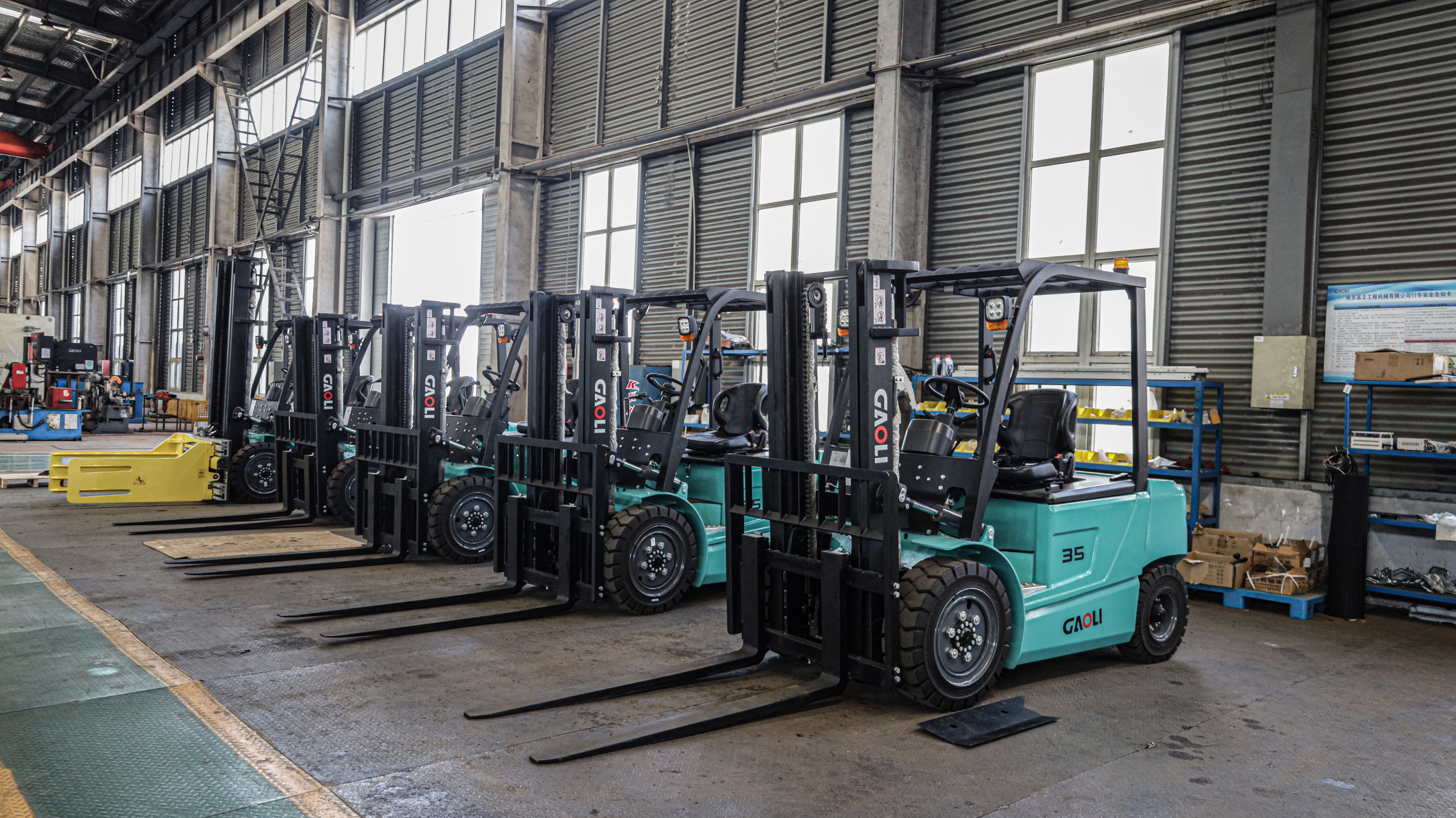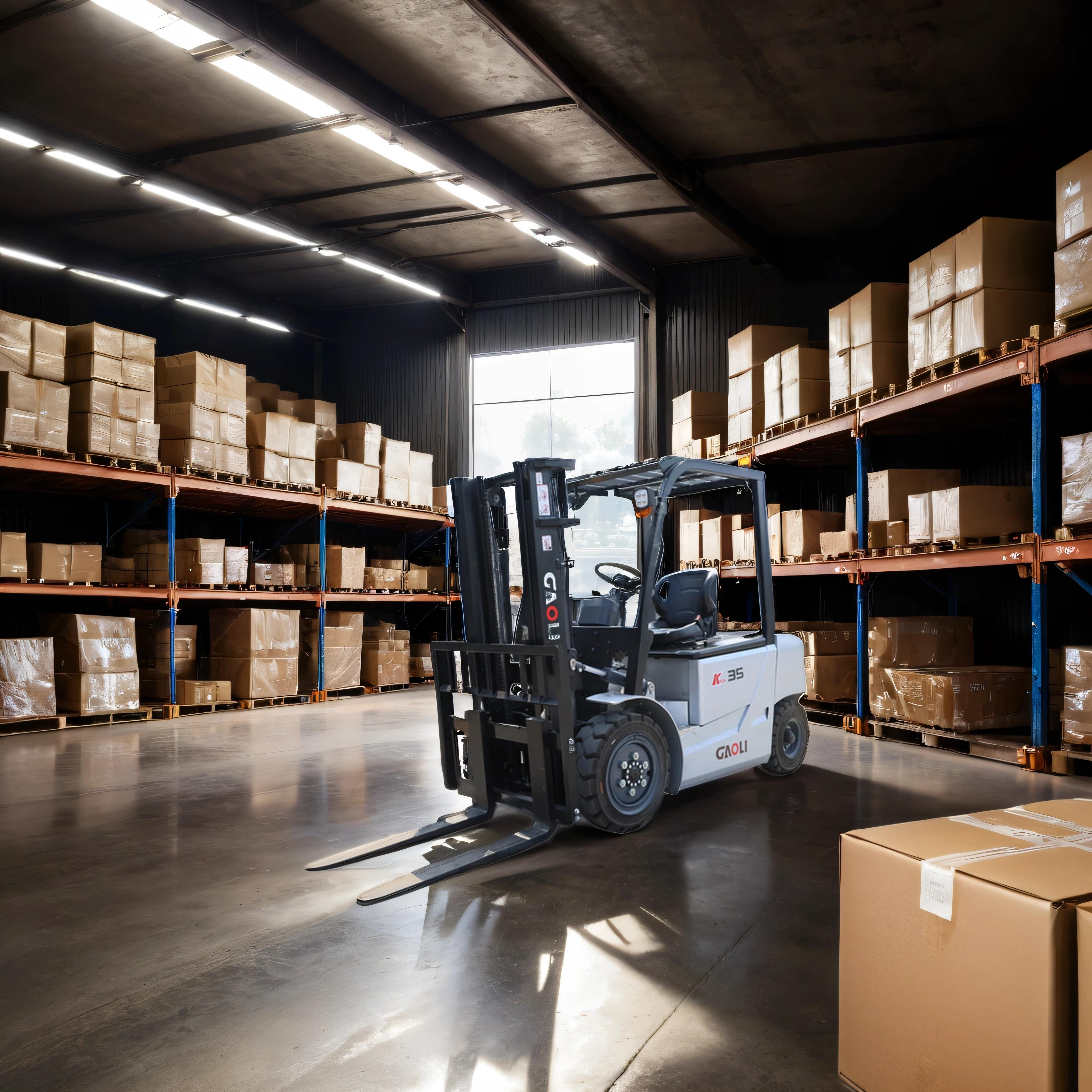battery electric forklift
The battery electric forklift is a robust and efficient vehicle designed for material handling tasks in various industries. Its main functions include lifting, lowering, and transporting heavy goods within warehouses, distribution centers, and manufacturing facilities. Technological features of the electric forklift include a rechargeable battery system, electric motor, and advanced control systems that provide precise and smooth operation. These forklifts are equipped with various attachments like forks and clamps, enabling them to handle a wide range of materials. Their applications are diverse, from stacking goods in high-rack warehouses to unloading shipping containers and managing inventory in retail environments.


